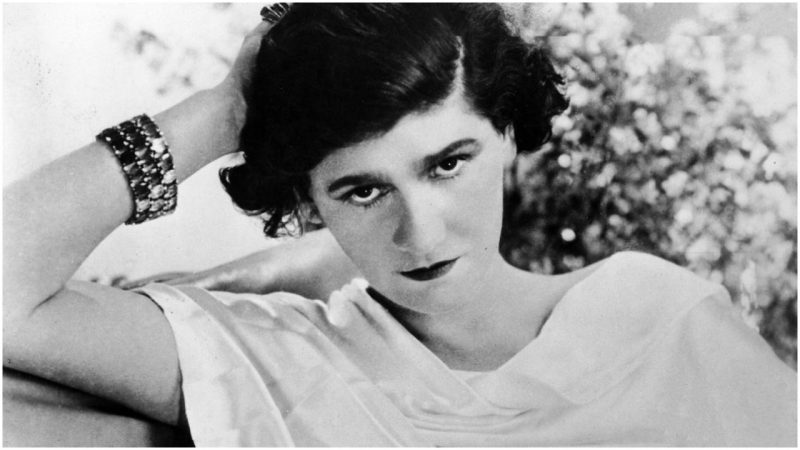Gabrielle Bonheur Chanel, popularly known as “Coco,” is one of the most remarkable fashion icons of the 20th century and a highly successful businesswoman. She was a pioneering designer who changed the way women dressed and even thought about themselves. Chanel died at the age of 87 in January 1971, in the Hotel Ritz in Paris. Decades later, her name and brand are considered the epitome of French taste. The “little black dress” is a must-have for any woman; also desired are the Chanel handbag and the perfume Chanel No.5.
Coco Chanel has been the subject of films, biographies, and historical novels that focus on her extraordinary career and achievements. But her name-brand reputation and excellent press can’t erase the suspicion that Coco Chanel was a Nazi collaborator and spy during World War II.
According to the research of Paris-based journalist and author Hal Vaughan, the famous designer was a “fiercely anti-Semitic” Nazi sympathizer working for the Abwehr, Germany’s military agency. Vaughan sifted through American and European archives, collecting information that he would later present in his 2012 book Sleeping With the Enemy: Coco Chanel’s Secret War. This more somber biography of Coco describes how her path to becoming one of the richest women in the world was made swifter by Nazi seizure of all Jewish-owned property and business enterprises during WW II. Many other critics and theorists have long questioned and tried to confirm this theory.
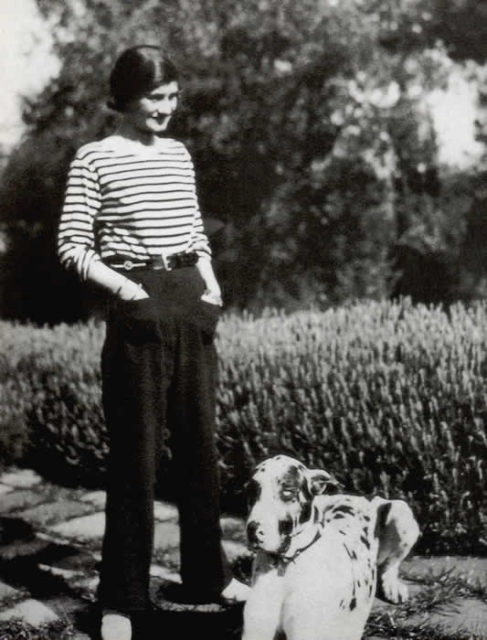
According to some French Ministry documents as well as Nazi papers, Chanel was a Nazi spy, code named “Westminster” and as part of the Nazi Abwehr she was even given an agent number: F-7124. Reportedly, her spy name was a reference to her previous relation to the Duke of Westminster, the wealthiest man in England at the time, to whom Chanel was a mistress during the 1920s. Chanel, devoted to the lavish lifestyle of this social circle, enjoyed befriending many notable people from the British elite, like Winston Churchill.
During the war, Chanel spent most of her time at the Hotel Ritz in Paris, living in luxury while many of the French were thrown out of their homes or worse. She shared the hotel with Nazi agents, spies, and general officers, including Joseph Goebbels and Hermann Goering.
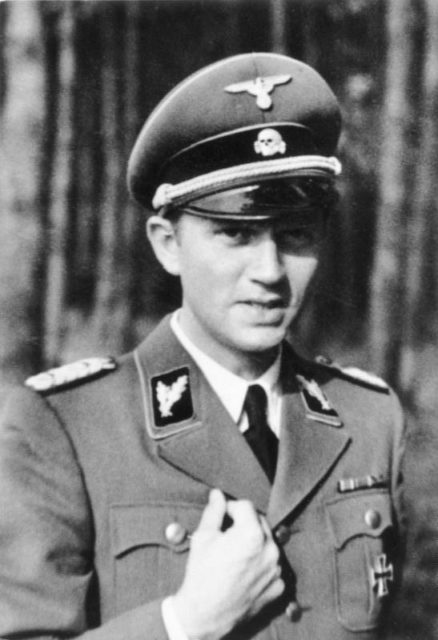
There is no longer doubt that Chanel was the mistress of German Nazi intelligence officer Gunther von Dincklage. He had spied on the French fleet in Paris during the 1920s as a “special attaché” to the German Embassy in Paris and when he asked Coco to join him to recruit new agents for the Third Reich, it seems that she agreed. In 1943, Chanel took a trip to Madrid with Dinklage to deliver a personal letter to her acquaintance, Winston Churchill, then prime minister of England. The letter was supposed to persuade him to put an end to the hostilities with the Nazis.
Understandably, one may wonder why Chanel worked with the Nazis. The assumption that she was driven by anti-Semitism must contend with her partnership with a Jewish family, the Wertheimers. In 1924, Chanel required some financial support from Pierre Wertheimer to expand her designer empire. He provided her the needed help but she was left with less than a 10 percent stake in her own company. Tensions rose as she complained of being exploited.
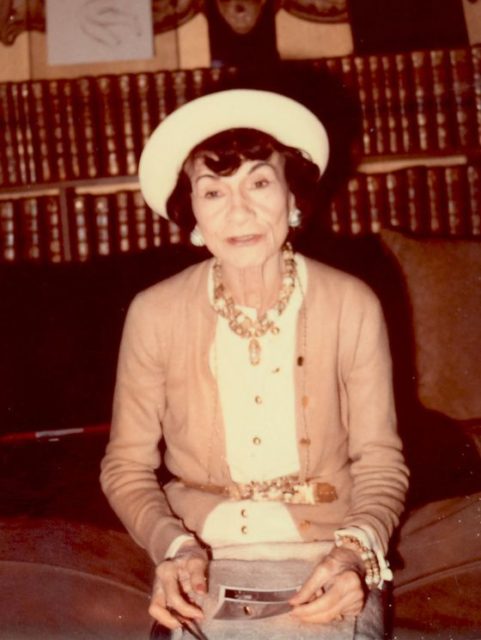
In the 1930s, the Nazis passed the “Aryan” laws, enforced in any area that was occupied by the Germans, hence making it impossible for any Jew to own a business in Germany. This “Aryanization” had, by 1941, forced nearly two-thirds of all Jewish-owned businesses to be sold to non-Jews for an extremely low cost.
Chanel found these laws very useful in manipulating Wertheimer, who owned a big part of the Parfums Chanel at that time. He eventually fled to America. On May 5, 1941, Coco wrote a letter to Nazi officials stating that the complete ownership of the Parfums Chanel should be returned to her: “Parfums Chanel has been legally ‘abandoned’ by its owners. I have an indisputable right of priority. The profits that I have received from my creations since the foundation of this business…are disproportionate.”
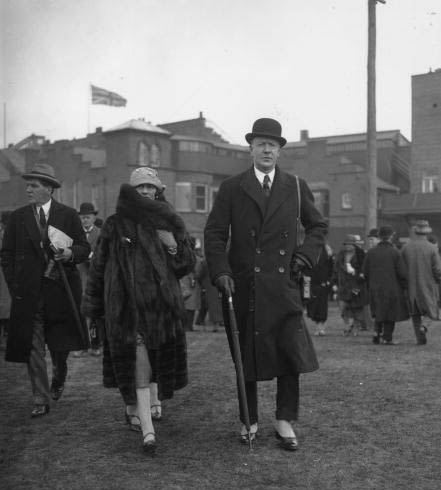
According to Vaughan, “Coco was a consummate opportunist. The Nazis were in power, and Chanel gravitated to power. It was the story of her life. She didn’t believe in anything, except fashion. Chanel believed in beautiful clothes, she believed in her business and rightly so; she didn’t care about Hitler or politics or Nazism.”
However, Chanel’s efforts were unsuccessful because Wertheimer had already transferred the business to a non-Jewish friend to serve as a Christian “proxy.” The House of Chanel remains in the control of the Wertheimer family to this day.
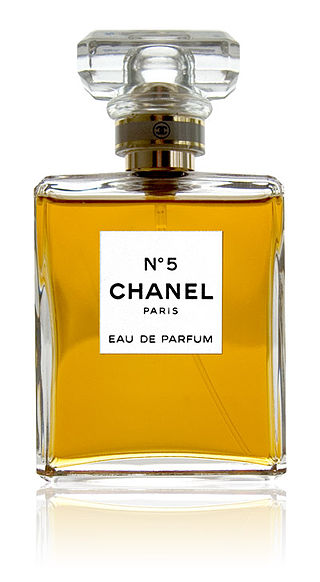
Coco Chanel was questioned but never prosecuted for her Nazi involvement, escaping trial as a collaborator. One theory claims that this was due to Churchill’s intervention or that of other British aristocrats. Supposedly, Chanel’s testimony could have revealed unpleasant secrets that were best kept in the closet. After the Germans lost the war, Chanel spent seven years in Switzerland with her lover, Gunther von Dincklage.
Related story from us: How France dealt with those who collaborated with the Nazis after war’s end
In 1954, Chanel reestablished the couture business, with help from her friend Pierre Wertheimer, the man she had sought to destroy during the war, now reconciled to her. The fashion business of Coco Chanel prospered as never before.
When she died at the Ritz Hotel, Coco Chanel had been a resident there for 30 years.
